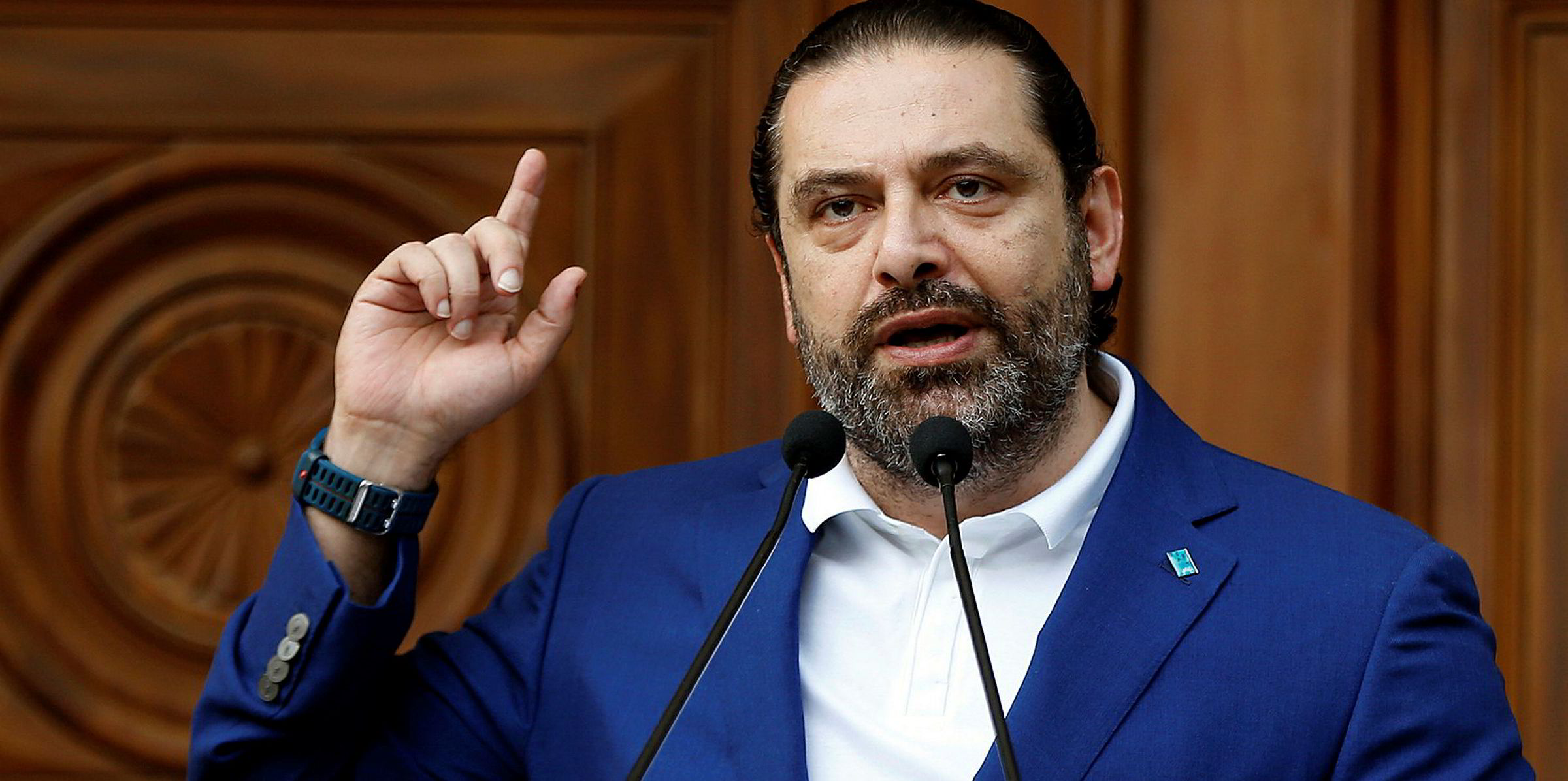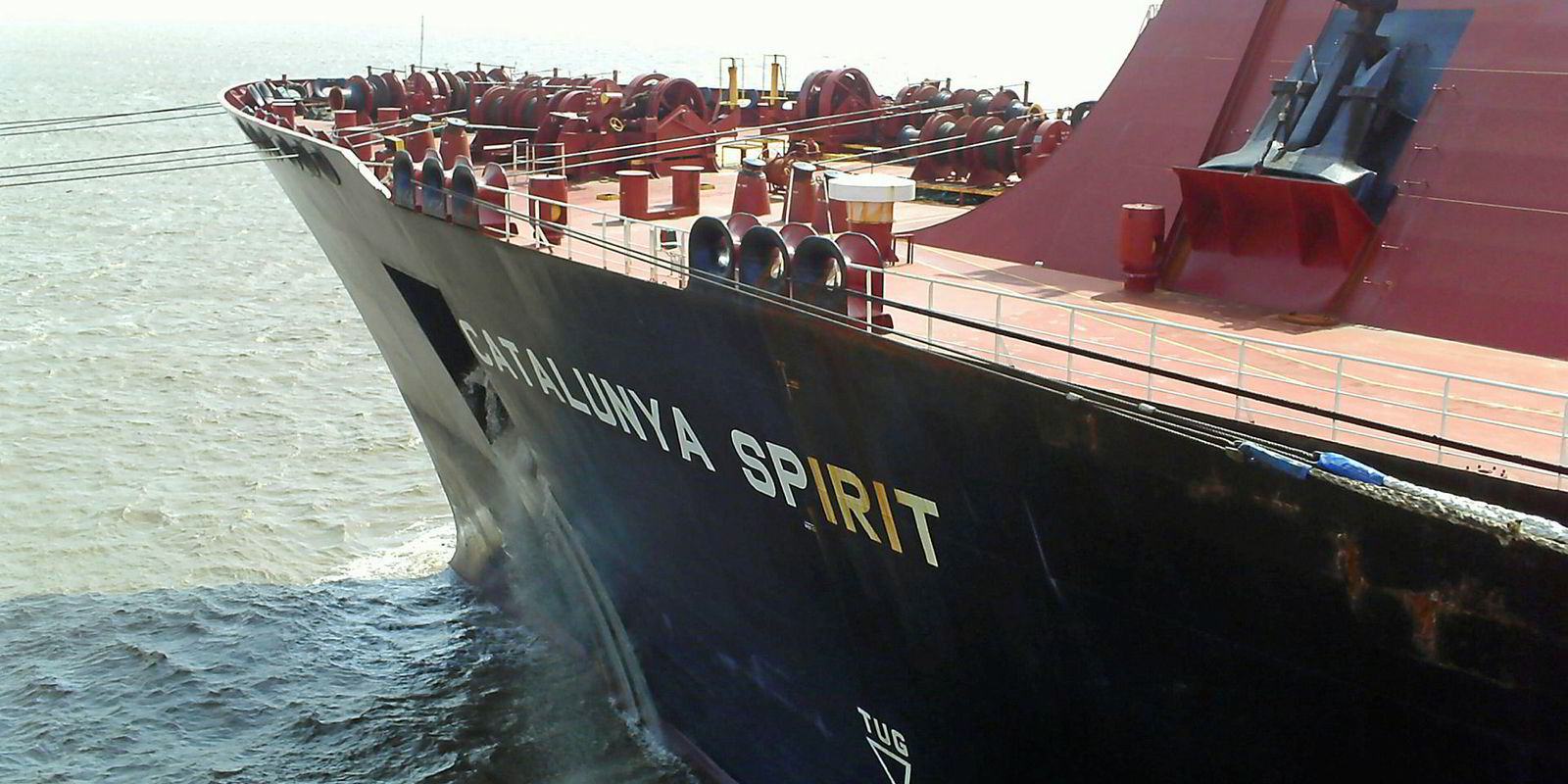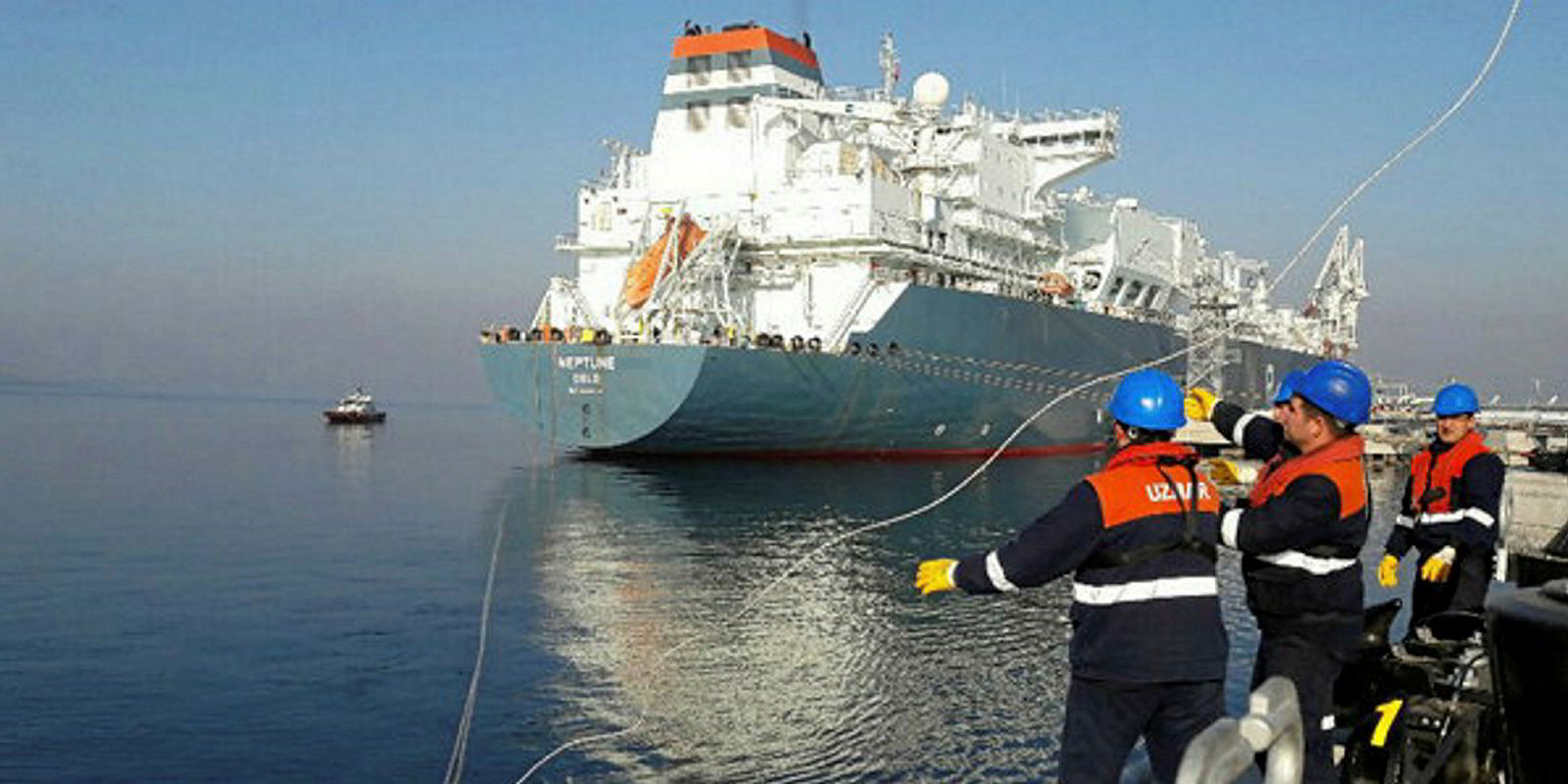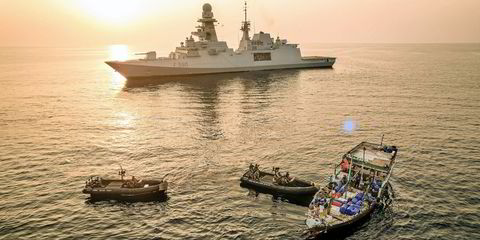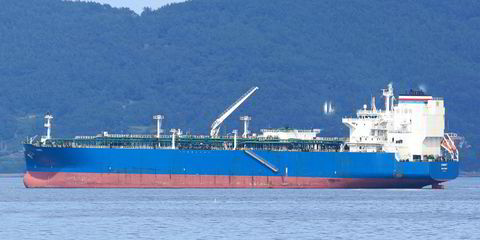Thirteen parties have been pre-qualified to bid for Lebanon’s planned trio of floating, storage and regasification units.
An official working on the Lebanon's Ministry of Energy and Water-backed project confirmed that individual companies invited to offer in consist of trader Mitsui & Co, South Korean utility Kogas, energy major BP, France’s Engie, Malaysian state energy company Petronas and Spain’s Gas Natural Fenosa.
The remaining bidders are consortia of K Line, Fluor and Kawasaki; ENI and Qatar Petroleum International; Total and Hoegh LNG; BW, Vitol, Butec and Almabani General Contractors; the Phoenicia energy consortium, which TradeWinds has learned is a pairing of a trading house and a shipowner; Excelerate Energy, Shell and BB Energy; and Golar Power and engineers CCC.
The spokesman said all the paperwork has now been sent out to bidders by the ministry’s Lebanon Oil Installations arm and confidentiality documents signed.
In the next few months, he said questions on the tender will be answered and site visits made. Firm offers are due in by 1 October.
Asked when a decision might be made on the preferred providers of the units, the spokesman said this would take several months and may be in early 2019. But he added: “First we need a new government.”
Jostling for ministerial roles is under way after Lebanon held its first general elections in nine years last month.
For some in the industry, Lebanon’s latest attempt to install floating LNG-import terminals might seem like deja vu.
The Ministry of Energy and Water pre-qualified 13 companies for a lone unit in 2013 but the project fizzled out amid the political turmoil and uncertainty in the country.
But, late last year, the business re-emerged in a revised form, this time with the ministry asking for proposals on three floating regas units as it seeks to secure gas supplies for new and existing power plants.
The initial call for proposals netted around 20 responses, ministry officials said in April. But the timing appears to have slipped already as initial plans said one or more FSRU providers would be selected in the first half of this year, with the aim of having all three units in operation by late 2020.
Lebanon, which is trying to double its generating capacity by 2025, wants to install FSRUs at Beddawi, in the north near Tripoli, at Selaata, around 50 kilometres (30 miles) north of Beirut, and at a further offshore site off Zahrani, in the southern coastal area close to Tyre.
The three units need to have capacity to import around one million tonnes per annum of LNG, either initially or expanding to this or larger volumes over time.
The directorate has said bidders would need to negotiate a build, own and operate agreement with the Lebanese government on the regas units.
